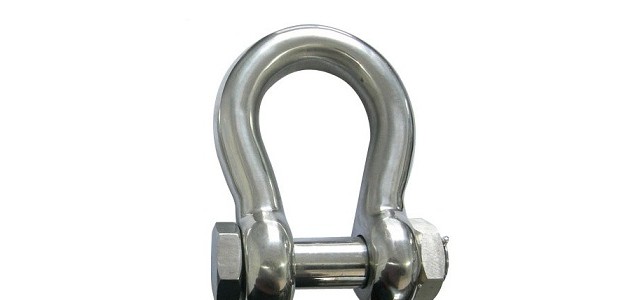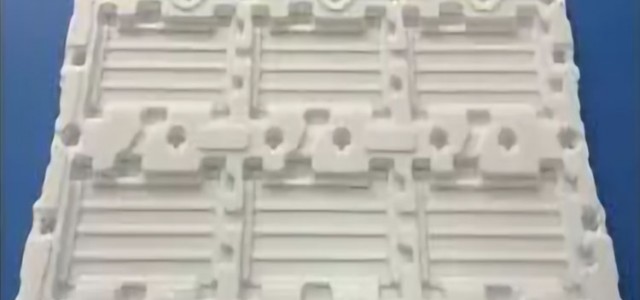Yishuo School District (39) | SPSS Statistical Analysis (49) Principal Component Analysis and Factor Analysis
“分享興趣,傳播快樂,增長見聞,留下美好! 大家好,這里是小編。歡迎大家繼續(xù)訪問學(xué)苑內(nèi)容,我們將竭誠為您帶來更多更好的內(nèi)容分享。
"Share interest, spread happiness, increase knowledge, and leave good! Hello, here is Xiaobian. Welcome to continue to visit the content of the school, and we will wholeheartedly bring you more and better content sharing.
在科學(xué)研究中,往往需要對反映事物的多個變量進(jìn)行大量觀測,收集大量數(shù)據(jù)以便進(jìn)行分析,尋找規(guī)律。多變量大樣本無疑會對科學(xué)研究提供豐富的信息,但也增加了數(shù)據(jù)采集的工作量,并且多變量之間的可能存在的相關(guān)性也為問題的分析帶來了許多問題。
In scientific research, it is often necessary to conduct a large number of observations on multiple variables reflecting things, collect a large number of data for analysis and find laws. Multivariable large samples will undoubtedly provide rich information for scientific research, but also increase the workload of data collection, and the possible correlation between the variables also brings many problems to the analysis of the problem.
主成分分析就是考慮各指標(biāo)之間的相互關(guān)系,利用降維的方法將多個指標(biāo)轉(zhuǎn)換為少數(shù)幾個互不相干的綜合指標(biāo)(主成分),從而使研究變得簡單的一種統(tǒng)計方法。每個主成分都是原始變量的線性組合,且每個主成分之間互不相關(guān)。
Principal component analysis (PCA) is a statistical method that takes into account the relationship between various indicators and uses the method of dimensionality reduction to convert multiple indicators into a few independent comprehensive indicators (PCA), thus making the research simple. Each principal component is a linear combination of original variables, and each principal component is not related to each other.
因子分析是一種通過現(xiàn)在變量測評潛在變量,通過具體指標(biāo)測評抽象因子的分析方法,它的基本思想是將實測的多個指標(biāo),用少數(shù)幾個潛在指標(biāo)(因子)的線性組合表示。因子分析主要應(yīng)用到兩個方面:一是尋求基本結(jié)構(gòu),簡化觀測系統(tǒng)。而是對變量或樣本進(jìn)行分類。
Factor analysis is an analysis method to evaluate potential variables through current variables and abstract factors through specific indicators. Its basic idea is to use a linear combination of a few potential indicators (factors) to represent the measured multiple indicators. Factor analysis is mainly applied to two aspects: one is to seek the basic structure and simplify the observation system. It is to classify variables or samples.
成分分析與因子分析的區(qū)別與聯(lián)系:
The difference and connection between principal component analysis and factor analysis:
“
1
兩者都是在多個原始變量中通過它們之間的內(nèi)部相關(guān)性來獲得新的變量。
Both of them obtain new variables from multiple original variables through their internal correlation.
“
2
提取公因子主要有主成分分析法和公因子法,若采用主成分法,則主成分分析和因子分析基本等價,該法主要從解釋變量的總方差角度,盡量使變量的方差被主成分解釋,即主成分分析方法傾向得到更大的共性方差,而公因子法主要從解釋變量的相關(guān)性角度,盡量使變量的相關(guān)程度能被公因子解釋,當(dāng)因子分析的目的為確定結(jié)構(gòu)時會遇到該法。
Common factor extraction mainly includes principal component analysis and common factor method. If the principal component method is used, the principal component analysis and factor analysis are basically equivalent. This method is mainly from the perspective of the total variance of the explanatory variable, and tries to make the variance of the variable be explained by the principal component, that is, the principal component analysis method tends to get greater common variance, while the common factor method is mainly from the perspective of the correlation of the explanatory variable, Try to make the correlation degree of variables can be explained by common factors. This method will be encountered when the purpose of factor analysis is to determine the structure.
“
3
因子分析提取的公因子比主成分分析提取的主成分更具有解釋性。
The common factor extracted by factor analysis is more explanatory than the principal component extracted by principal component analysis.
“
4
兩者分析的實質(zhì)和重點不同,主成分分析主要是綜合原始變量的信息,而因子分析重在解釋原始變量之間的關(guān)系。主成分分析實質(zhì)上是線性變換,無假設(shè)檢驗,而因子模型是統(tǒng)計模型,某些因子模型是可以得到假設(shè)檢驗的。
The essence and emphasis of the two analyses are different. Principal component analysis is mainly to synthesize the information of the original variables, while factor analysis focuses on explaining the relationship between the original variables. Principal component analysis is essentially a linear transformation without hypothesis test, while factor model is a statistical model, and some factor models can get hypothesis test.
“
5
兩者的SPSS操作都是通過“分析->降維->因子”過程實現(xiàn)的,主成分分析不需要因子旋轉(zhuǎn),而因子分析需要經(jīng)過旋轉(zhuǎn)。
Both SPSS operations are realized through the process of "analysis ->dimension reduction ->factor". The principal component analysis does not need factor rotation, while the factor analysis needs to be rotated.
下期預(yù)告:本期,我們學(xué)習(xí)了
主成分分析和因子分析的基礎(chǔ)理論。
下一期,我們將會學(xué)習(xí)
如何進(jìn)行主成分分析的操作。
今天的分享就到這里了
如果您對今天的文章有獨特的想法
歡迎給我們留言
讓我們相約明天
祝您今天過得開心快樂!
That's all for today's sharing. If you have unique ideas about today's article, please leave us a message. Let's meet tomorrow. I wish you a happy day today!
參考資料:百度百科,《SPSS 23 統(tǒng)計分析實用教程》
翻譯:百度翻譯
本文由learningyard新學(xué)苑原創(chuàng),部分文字圖片來源于他處,如有侵權(quán),請聯(lián)系刪除.







